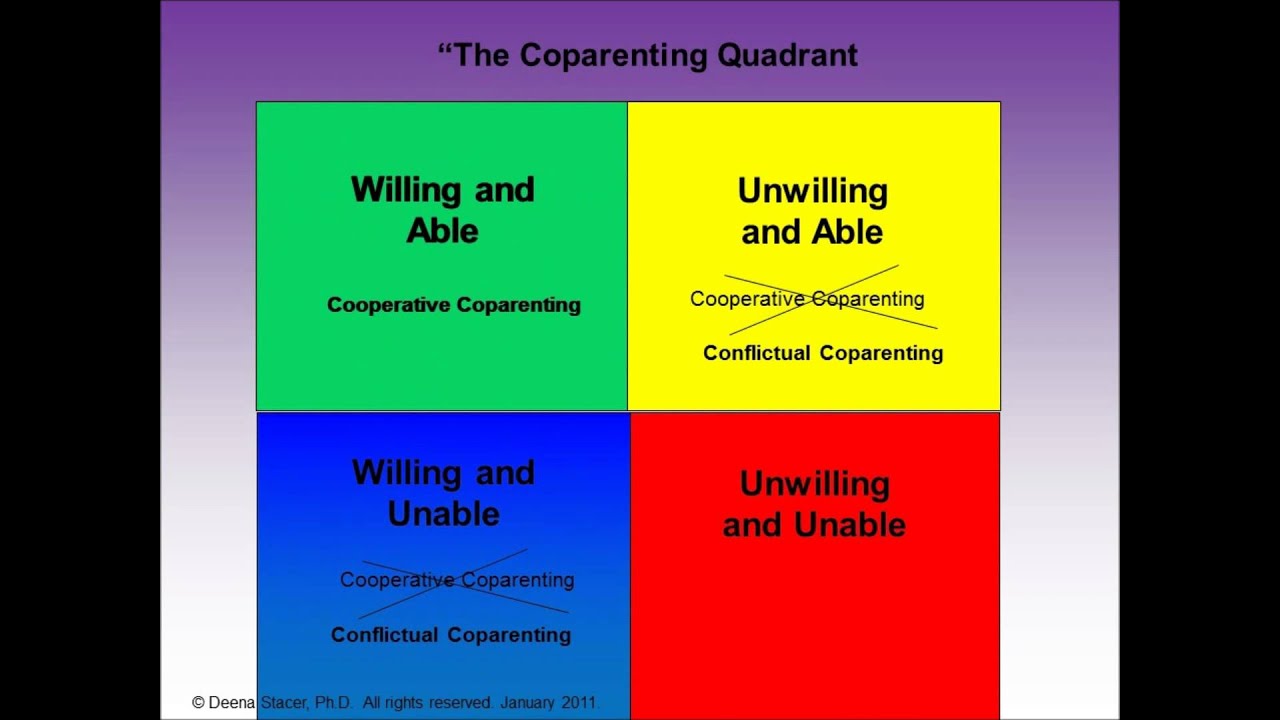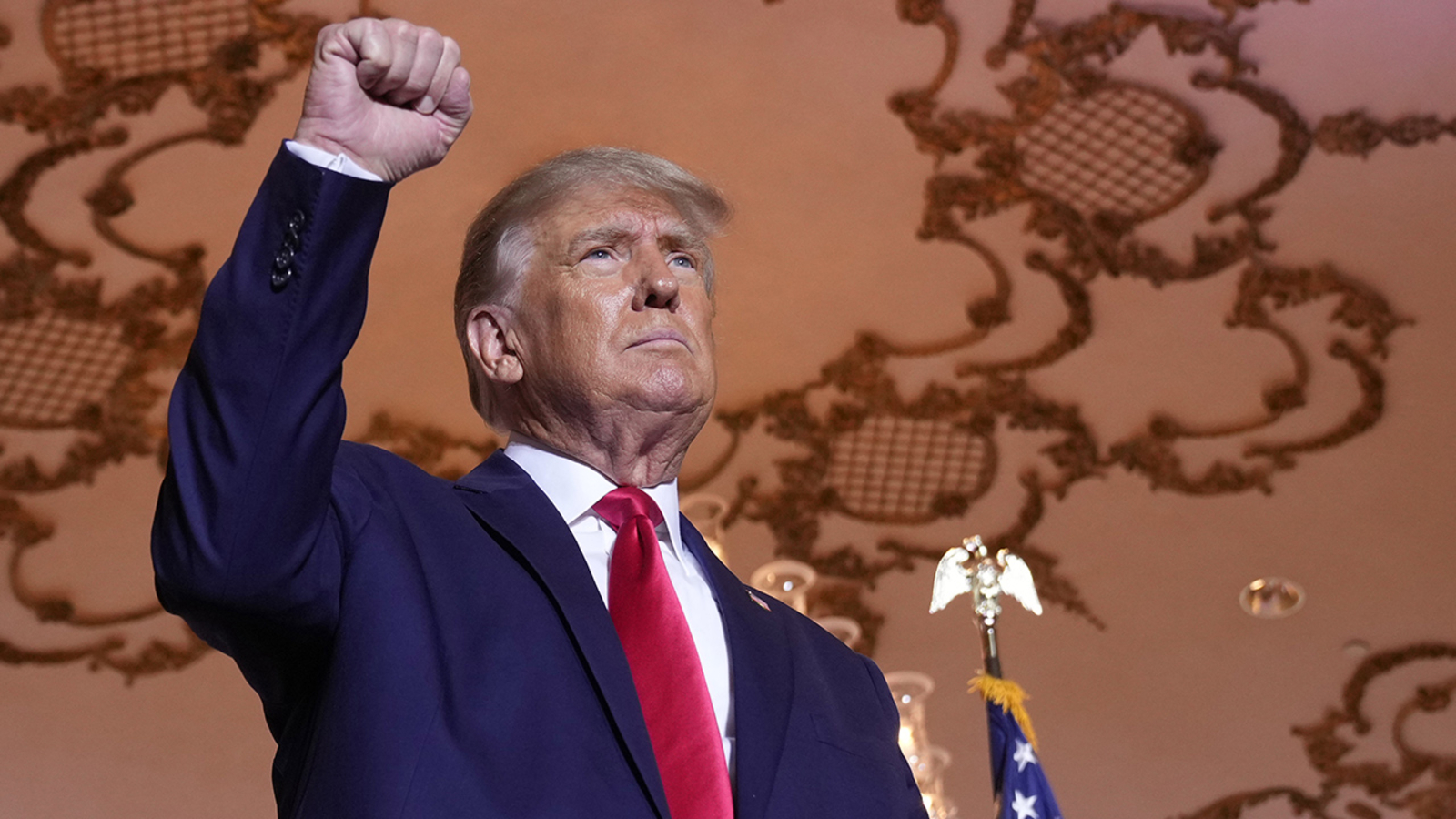Analysis: Jessica Tarlov Challenges Jeanine Pirro On Canada Trade Policy

Table of Contents
Tarlov's Stance on Canada's Trade Practices
Jessica Tarlov, known for her generally progressive viewpoints, presented a largely positive assessment of Canada's trade policies.
Arguments in Favor of Canadian Trade Policies
Tarlov's arguments highlighted several key aspects of Canadian trade practices:
- Strong Environmental Regulations: She emphasized Canada's commitment to environmental protection, arguing that its robust regulations prevent unfair competition from countries with lax environmental standards. This fosters a more sustainable and equitable trading environment, benefiting both nations.
- High Labor Standards: Tarlov pointed to Canada's strong labor laws and worker protections as a positive factor in the US-Canada trade relationship. These standards ensure fair wages and working conditions, preventing a "race to the bottom" often associated with unregulated trade.
- Commitment to Fair Trade Practices: She argued that Canada generally adheres to fair trade principles, promoting transparency and preventing practices like dumping or predatory pricing. This fosters a more stable and predictable trading environment, encouraging mutual economic growth.
- Successful USMCA Implementation: Tarlov highlighted the positive impacts of the USMCA (United States-Mexico-Canada Agreement), successor to NAFTA, emphasizing its role in boosting trade and economic cooperation between the three countries. She cited data on increased trade volumes and economic growth as evidence of its success.
Addressing Potential Concerns
While largely positive, Tarlov also addressed potential criticisms:
- Specific Trade Barriers: She acknowledged the existence of certain trade barriers but argued that these were often justified based on legitimate concerns such as public health or national security.
- Softwood Lumber Dispute: Tarlov addressed the long-standing softwood lumber dispute, emphasizing the complexities of the issue and the ongoing efforts to find mutually acceptable solutions.
Pirro's Critique of Canada's Trade Policies
Jeanine Pirro, known for her more conservative and protectionist views, offered a considerably more critical perspective on Canadian trade practices.
Key Criticisms of Canadian Trade Practices
Pirro's main criticisms focused on:
- Alleged Unfair Trade Practices: She alleged that Canada engages in certain unfair trade practices, including subsidies that provide an unfair advantage to Canadian businesses. Specific examples, if any were provided, should be cited here.
- Trade Barriers: Pirro highlighted what she considered excessive trade barriers imposed by Canada, hindering the free flow of goods and services between the two countries. She likely argued that these barriers negatively impact American businesses and consumers.
- USMCA Implementation Concerns: Pirro may have expressed concerns regarding the implementation of the USMCA, suggesting that Canada has not fully complied with certain aspects of the agreement. Specific claims should be referenced here.
Underlying Ideological Framework
Pirro's critique is rooted in a more protectionist and nationalistic ideology. Her arguments reflect a belief that American businesses need to be shielded from foreign competition, even if it means sacrificing some level of free trade. This aligns with a broader trend in some political circles advocating for policies that prioritize domestic industries and jobs.
Comparing and Contrasting the Arguments
The debate between Tarlov and Pirro highlights a fundamental difference in their approaches to international trade. Tarlov favors a more liberalized approach, emphasizing mutual benefits and cooperation through agreements like the USMCA. Pirro, conversely, leans towards a more protectionist stance, prioritizing the interests of American businesses above all else.
| Feature | Tarlov's Argument | Pirro's Argument |
|---|---|---|
| USMCA | Positive impact, successful implementation | Concerns about implementation, insufficient compliance |
| Trade Barriers | Justified in some cases, generally low | Excessive and detrimental to US businesses |
| Fair Trade | Canada largely adheres to fair trade principles | Concerns about unfair competition and subsidies |
| Environmental/Labor Standards | Positive impact on trade and global sustainability | Less emphasis on these factors |
Impact and Implications of the Debate
The Tarlov-Pirro debate carries significant weight for US-Canada relations. The differing perspectives on trade policy could influence future negotiations and agreements. The public perception of both countries' trade practices may also be affected by the tone and arguments presented. Similar debates on softwood lumber and other specific trade issues have occurred repeatedly in the past, illustrating the enduring nature of these disagreements.
Analyzing the Tarlov-Pirro Exchange on Canada Trade Policy: A Call to Action
In conclusion, the debate between Jessica Tarlov and Jeanine Pirro reveals starkly contrasting viewpoints on Canadian trade policies and their implications for US-Canada relations. While Tarlov emphasized the benefits of cooperation and the success of the USMCA, Pirro expressed concerns about unfair trade practices and the need for greater protection of American interests. Understanding these differing perspectives is crucial for informed discussion about the future of US-Canada trade. We encourage you to further research this topic, examining the evidence presented by both sides and forming your own informed opinion on the complexities of "Jessica Tarlov Challenges Jeanine Pirro on Canada Trade Policy." Share your thoughts in the comments below!

Featured Posts
-
 Uk Immigration Policy Update Restrictions On Visa Applications
May 09, 2025
Uk Immigration Policy Update Restrictions On Visa Applications
May 09, 2025 -
 4 Bold Randall Flagg Theories That Reshape Your Understanding Of Stephen Kings Novels
May 09, 2025
4 Bold Randall Flagg Theories That Reshape Your Understanding Of Stephen Kings Novels
May 09, 2025 -
 Understanding The Celebrity Antiques Road Trip Format And Bidding Process
May 09, 2025
Understanding The Celebrity Antiques Road Trip Format And Bidding Process
May 09, 2025 -
 El Salvador Prison Transfers Jeanine Pirros Stance On Due Process Sparks Debate
May 09, 2025
El Salvador Prison Transfers Jeanine Pirros Stance On Due Process Sparks Debate
May 09, 2025 -
 Addressing The Controversy Benson Boone And Harry Styles Comparisons
May 09, 2025
Addressing The Controversy Benson Boone And Harry Styles Comparisons
May 09, 2025
Latest Posts
-
 Analysis Factors Behind Elon Musks Net Worth Drop Below 300 Billion
May 10, 2025
Analysis Factors Behind Elon Musks Net Worth Drop Below 300 Billion
May 10, 2025 -
 Abcs March 2025 Lineup High Potential Repeat Episodes Explained
May 10, 2025
Abcs March 2025 Lineup High Potential Repeat Episodes Explained
May 10, 2025 -
 The High Cost Of Supporting Trump 194 Billion In Losses For Tech Billionaires
May 10, 2025
The High Cost Of Supporting Trump 194 Billion In Losses For Tech Billionaires
May 10, 2025 -
 Elon Musks Net Worth Falls Below 300 Billion Tesla Troubles And Tariff Impacts
May 10, 2025
Elon Musks Net Worth Falls Below 300 Billion Tesla Troubles And Tariff Impacts
May 10, 2025 -
 Elon Musks Net Worth A Recent Drop Below 300 Billion Explained
May 10, 2025
Elon Musks Net Worth A Recent Drop Below 300 Billion Explained
May 10, 2025
